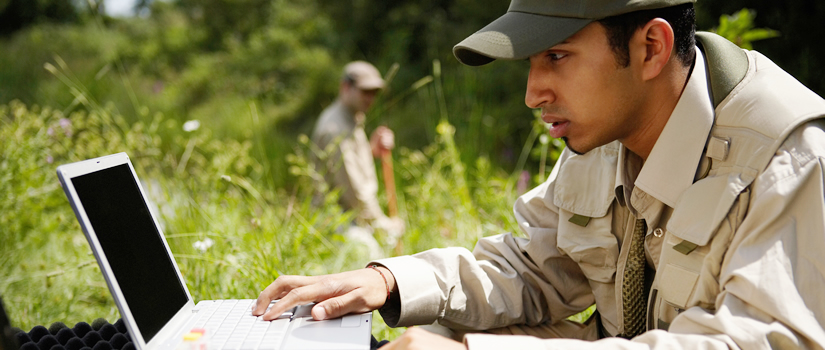The Certificate in Integrative and Experiential Learning certificate (IEL) is an initiative of The Center for Teaching Excellence and the Center for Integrative and Experiential Learning. The program is designed to bring together faculty, instructors, and graduate students interested in exploring ways to help students reflect on and connect what they do within and beyond their curriculum, embrace multiple perspectives, and synthesize and transfer their knowledge to new, complex situations.
Key outcomes for participants include obtaining a deeper understanding of the ideals of integrative and experiential learning as well as developing a toolbox of simple techniques to engage students in reflection on their within and beyond the classroom experiences.
Requirements
Faculty, instructors and graduate assistants who participate in six or more Integrative and Experiential Learning workshops approved by the Center for Teaching Excellence will receive a certificate of completion, a letter of commendation, recognition on the Center for Integrative and Experiential Learning website, and will be eligible to apply for a grant to incorporate integrative learning strategies into a class, develop a new experiential learning opportunity for a course, or develop a team-taught interdisciplinary course. Participants will be required to attend the Introduction to Integrative and Experiential Learning and Small Changes, High Impact: Practices to Support Integrative Learning workshops and four (4) electives. Participants will have 2 academic semesters (and the summer) to complete the certificate.
Click on the "+" sign next to each event to see description.
SPRING 2024
Required Workshops
During their time at USC, our undergraduate students enroll in courses, participate in cocurricular engagements, hold down jobs while preparing themselves for their future careers, engage with the community, and manage their own personal challenges (AAC&U/Carnegie Foundation, 2004), but how do they make sense of these varied experiences and realize how they all interconnect? Integrative learning provides students with strategies to make connections between these within and beyond the classroom activities to help them apply their skills to new and complex problems and challenges.
This presentation explores teaching strategies and philosophies that encourage students to engage in activities beyond the classroom and then have students relate those experiences to their courses and curriculum. We will review current research and practices on integrative and experiential learning and how the Center for Integrative and Experiential Learning supports IL and EL, including the impactful role of our Quality Enhancement Plan, Experience by Design. Participants will discuss strategies for encouraging students to reflect and make interdisciplinary connections between their experiences within and beyond the classroom to promote creativity, collaboration, and problem-solving. Register
Utilizing integrative learning principles, the presenters will share examples of how high impact practice (HIP) characteristics are incorporated across different disciplines and identify classroom assessment techniques (CATs) that can be applied across a variety of academic settings. Participants will have opportunities to share examples of reflection and integrative learning principles in the design of assignments and appropriate assessment methods for their classroom. Register
